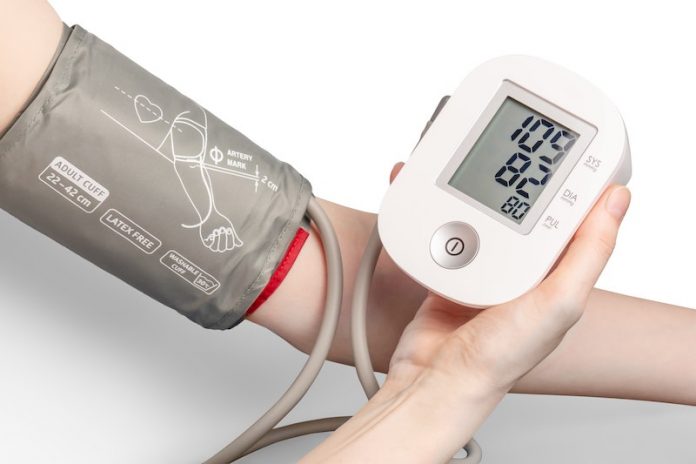
Controlling high blood pressure is known to reduce a person’s risk for heart disease and stroke.
The NASEM committee of experts concluded that managing blood pressure when it’s high, particularly for middle-aged adults, also might help prevent or delay Alzheimer’s dementia.
Many types of studies show a connection between high blood pressure, cerebrovascular disease (a disease of the blood vessels supplying the brain), and dementia.
For example, it’s common for people with Alzheimer’s-related changes in the brain to also have signs of vascular damage in the brain, autopsy studies show.
In addition, observational studies have found that high blood pressure in middle age, along with other cerebrovascular risk factors such as diabetes and smoking, increase the risk of developing dementia.
Clinical trials—the gold standard of medical proof—are underway to determine whether managing high blood pressure in individuals with hypertension can prevent Alzheimer’s dementia or cognitive decline.
One large clinical trial—called SPRINT-MIND (Systolic Blood Pressure Intervention Trial–Memory and Cognition in Decreased Hypertension)—found that lowering systolic blood pressure (the top number) to less than 120 mmHg, compared to a target of less than 140 mmHg, did not significantly reduce the risk of dementia.
Participants were adults age 50 and older who were at high risk of cardiovascular disease but had no history of stroke or diabetes.
However, the multiyear study did show that this intensive blood pressure lowering significantly reduced the risk of MCI, a common precursor of Alzheimer’s, in the participants. In addition, researchers found that it was safe for the brain.
The results of SPRINT-MIND provide further evidence of the connection between cardiovascular health and brain health.
Further studies are needed to determine which people, at what age, might benefit most from particular blood pressure management approaches, and how these approaches affect the risk of dementia, including Alzheimer’s disease.
While research continues, experts recommend that people control high blood pressure to lower their risk of serious health problems, including heart disease and stroke. Learn more about ways to control your blood pressure.
Sign up for our newsletter for more information about this topic.
If you care about brain health, please read studies about exercise training that could reduce risk of Alzheimer’s disease, and brushing teeth that could postpone Alzheimer’s disease.
For more information about Covid, please see recent studies about drugs that could help treat COVID-19, and results showing these heartburn drugs could increase risk of dementia.



